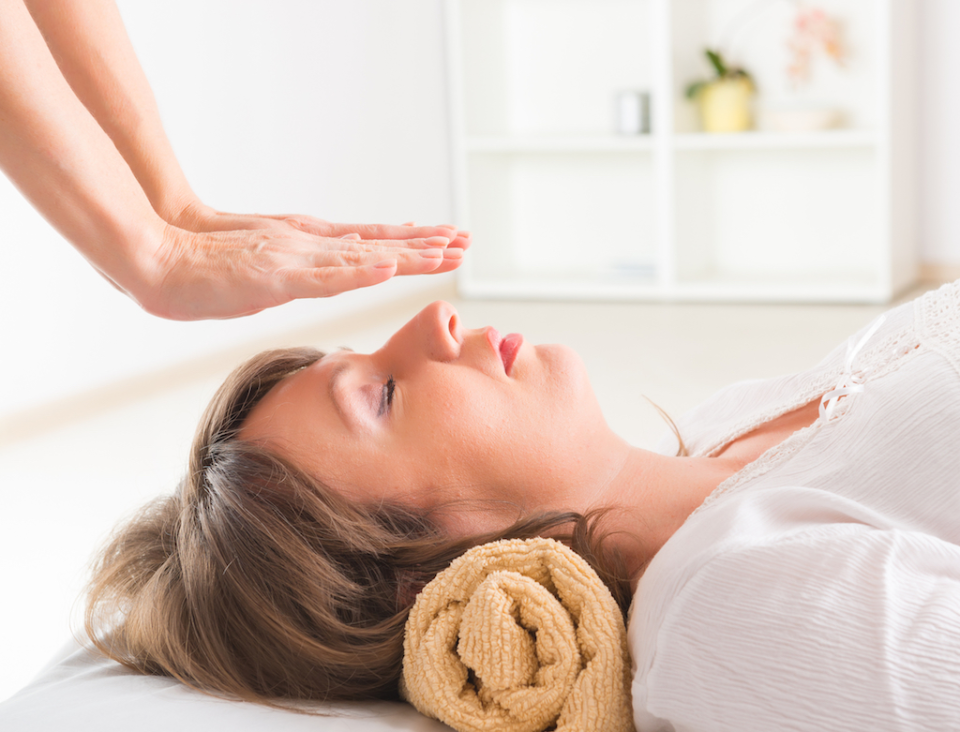Reiki is a gift that should be shared with as many people as possible. Training to become a Reiki practitioner is a great way to harness one’s energy and use it to heal and improve one’s health and well-being.
It’s no surprise that Reiki courses are top-rated right now, and people are eager to learn more about them, whether through offline or online Reiki classes. Good for you if you’re considering learning Reiki. If you make it thoughtfully, it could be one of the most fruitful decisions.
Here’s how to choose the suitable Reiki class for you and what to look for when selecting Reiki training. Go ahead, dive in!
The Instructor’s Reiki Expertise
Does the instructor self-medicate regularly? Teachers who engage in daily hands-on self-treatment place higher importance on the practice and better understand it than those who do not. Inquire as well:
- What was the nature of their Reiki training?
- What Reiki lineage do they come from?
- Were they Reiki practitioners who gave public treatments before becoming Reiki masters?
- What kind of expertise do they have as an instructor?
- What channels have they established to provide students with ongoing support?
Keep in mind that becoming a seasoned Reiki master/teacher takes a long time- years.
Your Connection with the Reiki Master
Consider your ideals because this is a significant relationship. If you have a choice between an instructor you admire and one who has more expertise or a better reputation, choose the one you like, particularly if they will be available to you in the future, as long as they are competent and dedicated to their students.
Class Schedule
Nine to twelve hours for a small group lesson is a reasonable length. The program should be stretched out over three or more days so that you have time to practice alone and present your questions in the following session.
Accessibility
Is it essential for the session to be in a convenient location, or could you commute to learn from a Reiki practitioner you admire? Is there anything else you want to know about the destination’s accessibility, such as whether it has stairs or an elevator, is wheelchair accessible, and so on?
Fee Structure
“You receive what you pay for,” your mother may have told you. Low fees could suggest a lack of self-confidence, expertise, or stability.
It would be best to have an instructor who understands the importance of Reiki in the present era. It makes perfect sense to invest in yourself because your Reiki training is a one-time expenditure that pays you for the rest of your life.
Regular Reiki Self-Practice
This is divided into two parts. First, will you be undertaking hands-on self-practice as part of the program, and will you practice together in class? Secondly, does the instructor employ hands-on self-Reiki daily?
Real practice is the primary means one progresses as a Reiki master. The teacher who focuses on daily self-practice will always have a deeper and more nuanced understanding of the practice. They’ll also be more considerate of others’ limits, understand the value of self-practice, and not feel the need to force the learners.
Consider other alternatives if the instructor does not practice daily hands-on self-Reiki.
Summing Up
If you are interested in learning Reiki, you can truly change your life for the better. Reiki is about chakra balancing, stress reduction, and healing. It can be used to improve numerous physical or emotional ailments.
However, it can be challenging to find a Reiki teacher who best fits your needs. With so many online Reiki classes, schools, and certification programs, you may not know where to start.
If you want to find Reiki classes to help you achieve your goals, you need to know what to look for. Here’s hoping that this blog has given you some helpful insights into finding the best Reiki instructor for you!

